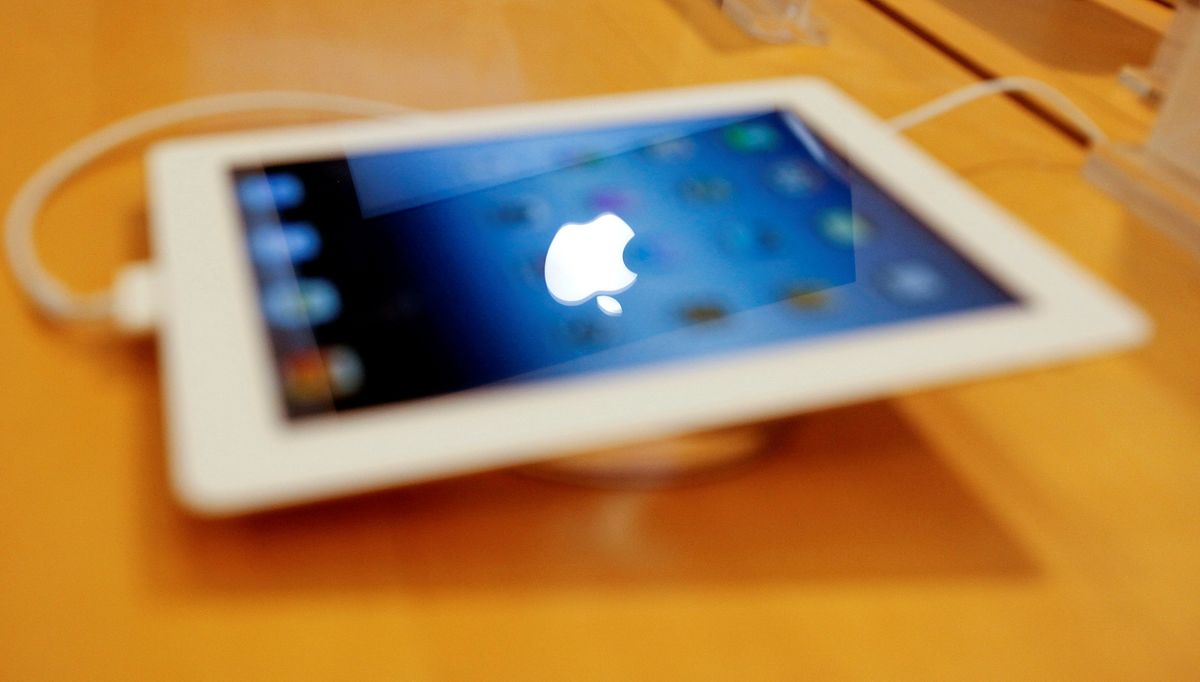India's new licensing requirement for imported electronics
More than half of India’s around US$10 billion in yearly imports of things like personal computers and tablets are Chinese-made.

A few minutes every morning is all you need.
Stay up to date on the world's Headlines and Human Stories. It's fun, it's factual, it's fluff-free.
The backstory: Back in 2014, India launched a campaign called "Make in India." The idea was for India to become a major player in the global manufacturing scene. Companies all over the world have been looking for alternatives to China to diversify their supply chains, and India could be a promising option.
One of the reasons is that it has a massive working-age population that’s expected to reach one billion in the next 10 years, according to the Organization for Economic Cooperation and Development. Plus, the world's most populated country (India overtook China for that position this year) has come up with new policies and cash incentives to attract investors. For example, the nation offered US$6.7 billion to companies that manufactured electronics in India. So many companies saw the potential and began setting up production hubs in the country.
More recently: More than half of India’s around US$10 billion in yearly imports of things like personal computers and tablets are Chinese-made. On Thursday, the country announced a new licensing requirement for imports of electronics like laptops, tablets and personal computers. Under the new regulations, importers have to apply for licenses before bringing these devices into the country, providing details about the origin, quantity and past import history of their shipments. Although the government didn’t explicitly give a reason for this new rule, it seems to be part of the nation’s move to discourage imports and promote domestic manufacturing.
The development: On Friday, India said it would defer this new requirement by three months, giving companies more of a transition period. It announced that the new regulation wouldn’t go into effect until November 1, after industry calls to delay the requirement for three to six months. Once the rule does go into effect, though, it could have big impacts on companies like Apple and Samsung and lead to them boosting local manufacturing. One government official told reporters that the move was meant to address a trade imbalance with China.
Key comments:
"Import consignments can be cleared till October 31 without a licence and a government permit would be required for clearance of import from November 1," said the Indian government in a notification.
"The move's spirit is to push manufacturing to India. It's not a nudge, it's a push," said Ali Akhtar Jafri, former director general at electronics industry body MAIT.
“Getting hooked off China won’t happen because downstream industry is always going to prefer cheap imports that are coming in. It’s pure economics,” said Biswajit Dhar, a professor of economics at Jawaharlal Nehru University in New Delhi, to Bloomberg in June. “What China offers to companies, India can’t at this stage.”




Comments ()